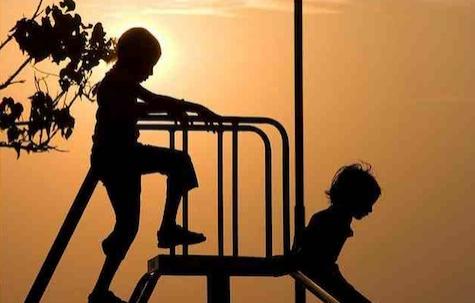The long-term impact of children growing up in poverty has been revealed in a new report.
The Acting Early, Changing Lives report by The Benevolent Society shows how prevention and early action saves society money and improves wellbeing for the 15% of Australian families living in jobless families.
The research also shows that experiencing sustained poverty in early childhood may affect children’s mental and physical health and development, and their home life is likely to be more stressful.
Children tend to begin school well behind their peers and lose ground further during the school years. Consequently they are more likely to be unemployed as adults, and dependent on welfare.
“The solutions to child poverty lie in helping parents into education and employment, and providing stable housing and income security,” says Anne Hollonds, CEO of The Benevolent Society.
To break the cycle of disadvantage we need investment in preventive services that help parents to be the best mum or dad they can be, and ensure all kids grow up in a nurturing environment.”
“Our report Acting Early, Changing Lives shows how effective prevention and early action measures for families with young children can improve children’s life chances and the earlier we act, the greater the impact for those kids and families, and the greater the return on our investment.
“The evidence shows that kids who participated in these programs did better at school, went on to earn more money, had more stable housing, better mental and overall health, and most importantly became better parents themselves.”
“We know what works to break the cycle of disadvantage. Failing to invest in prevention and early action is like signing a blank cheque now for much higher future costs.”
According to the Australian Bureau of Statistics more than 1 in 5 Australians live in low economic households, and half of those are families with dependent children
“This Anti-Poverty Week we’re calling on all sectors of our community to recognise the lifelong consequences for children of growing up in poverty, and take steps to address it,” said Hollonds.


















__small.png)










